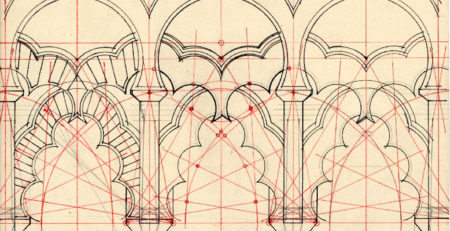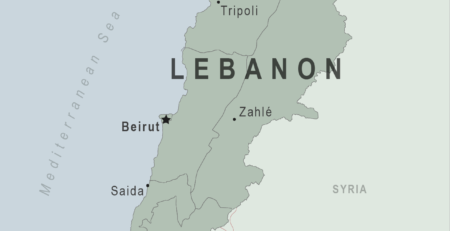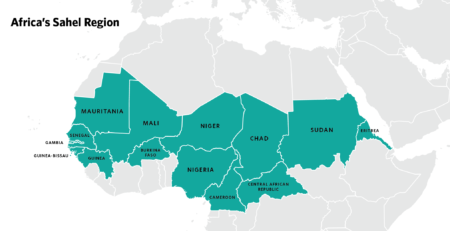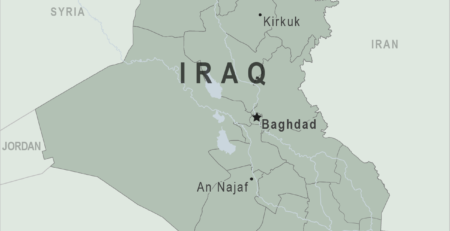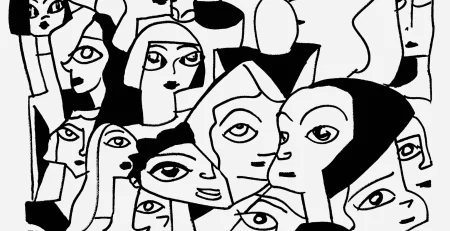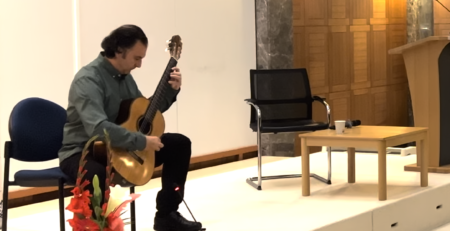Political actors and students in Tunisia
Promoting inclusive political participation and civic engagement
Who are we?
Cordoba Peace Institute-Geneva (CPI) is an independent non-profit organisation working on peace promotion. We focus on tensions and polarisations in all societies where Muslims live, and aim to enhance theoretical and practical conflict transformation resources in Muslim majority countries. Founded in 2002, we promote a methodology of conflict transformation adapted to and accepted by local peace actors, parties to conflict and communities. With 20 years of experience, CPI is well-established in Geneva, Switzerland, and has developed unique access and networks in the Muslim-majority world. Our multi-cultural, diverse team of dedicated professionals has enabled us to build relations in both the Western policy and Muslim-majority worlds, guided by our core values of Non-violence, Inclusiveness, Impartiality, Empathy and Independence. CPI has Special Consultative Status with the United Nations.

Context
In Tunisia, the political, social and intellectual transformations that resulted from the Jasmine Revolution in 2011 continue to unfold. The nation’s political agenda is dominated by several controversial political issues that reflect the ideological divisions between different groups. These include 1) internal regional development and national economic progress, 2) personal freedoms and gender equality, 3) the identity of the state and the legitimacy of religiously-inspired political tendencies, and 4) the fate of returnees from conflict zones.
In line with the significant political changes that have taken place in North Africa since 2011, CPI has carried out several initiatives bringing together actors with different ideological backgrounds from across the region to dialogue and to develop working relations. These efforts stem from our analysis that the entrenched ideological polarisation between ‘Islamist’ and ‘Secularist’ actors jeopardises the potential for developing a nationally-relevant democratic system that responds to the aspirations of people in the region.
The Project
Our project in Tunisia consists of facilitating the adherence to a consensual framework on the country’s governance among political and civil society actors of different world views.
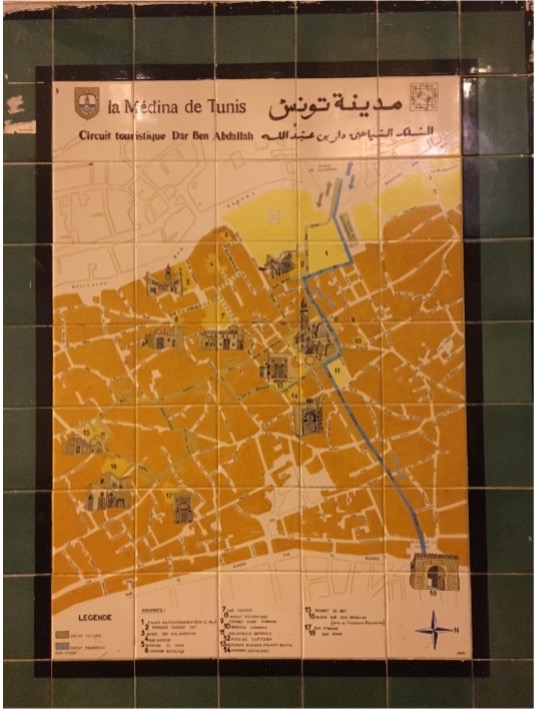
Goals
- Facilitate consensus on the creation of a common space for political and civil action that is inclusive of all actors and addresses the root causes of political violence,
- Promote inclusion in the political arena for young Tunisians (particularly from regions outside of the capital) and figures from religious communities.
Approach and methodology
CPI has facilitated track 1.5 and track 2 mediations, with positive outcomes for establishing jointly-implemented initiatives between an array of ideologies, to alleviate the political exclusion of young people and of conservative Tunisian constituencies.

Results
- Since March 2017, four mediation-based projects in Tunisia have contributed to bridging the ideological divide between different actors by focusing on concrete areas and shared issues in the country.
- Youth actors from civil society, political parties, protest movements, students’ unions and media, participants developed a joint initiative to promote inclusive civic and political participation of Tunisian youth, across regional and ideological lines.
Government and political actors, academics, civil society activists and conservative figures, agreed on the need for a dialogue on inclusion of all religious and political constituencies and on government policies and their impact on conservative religious communities.






